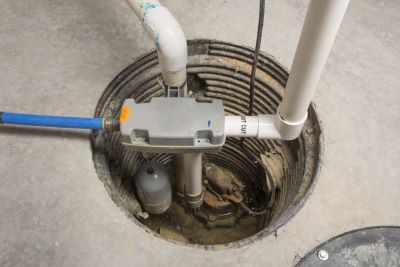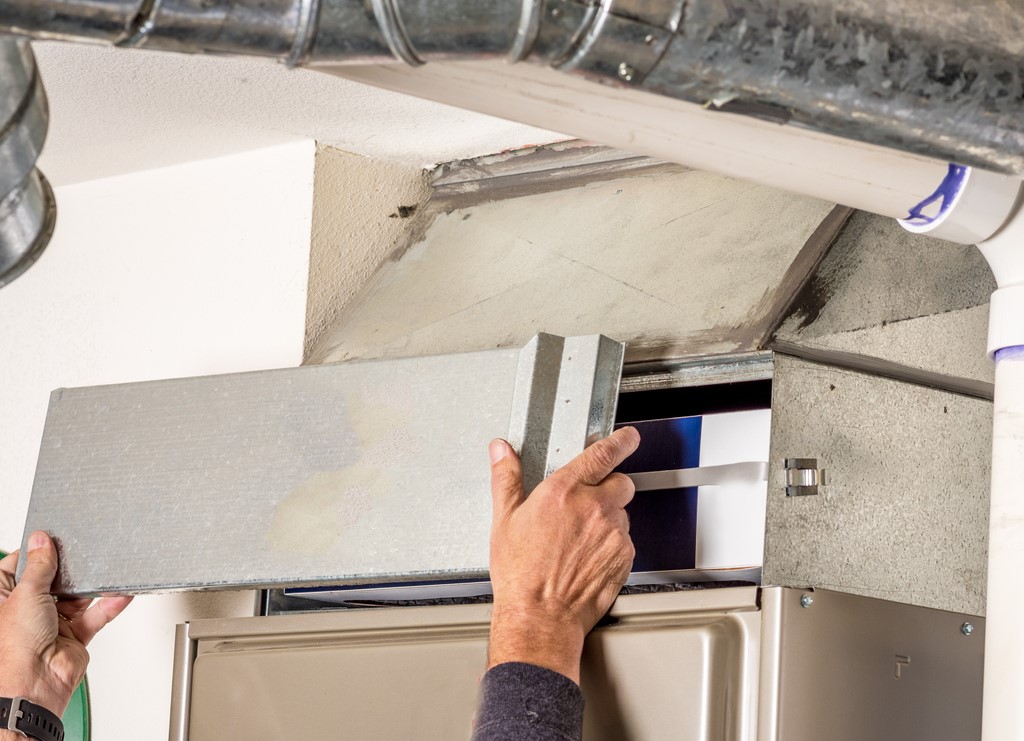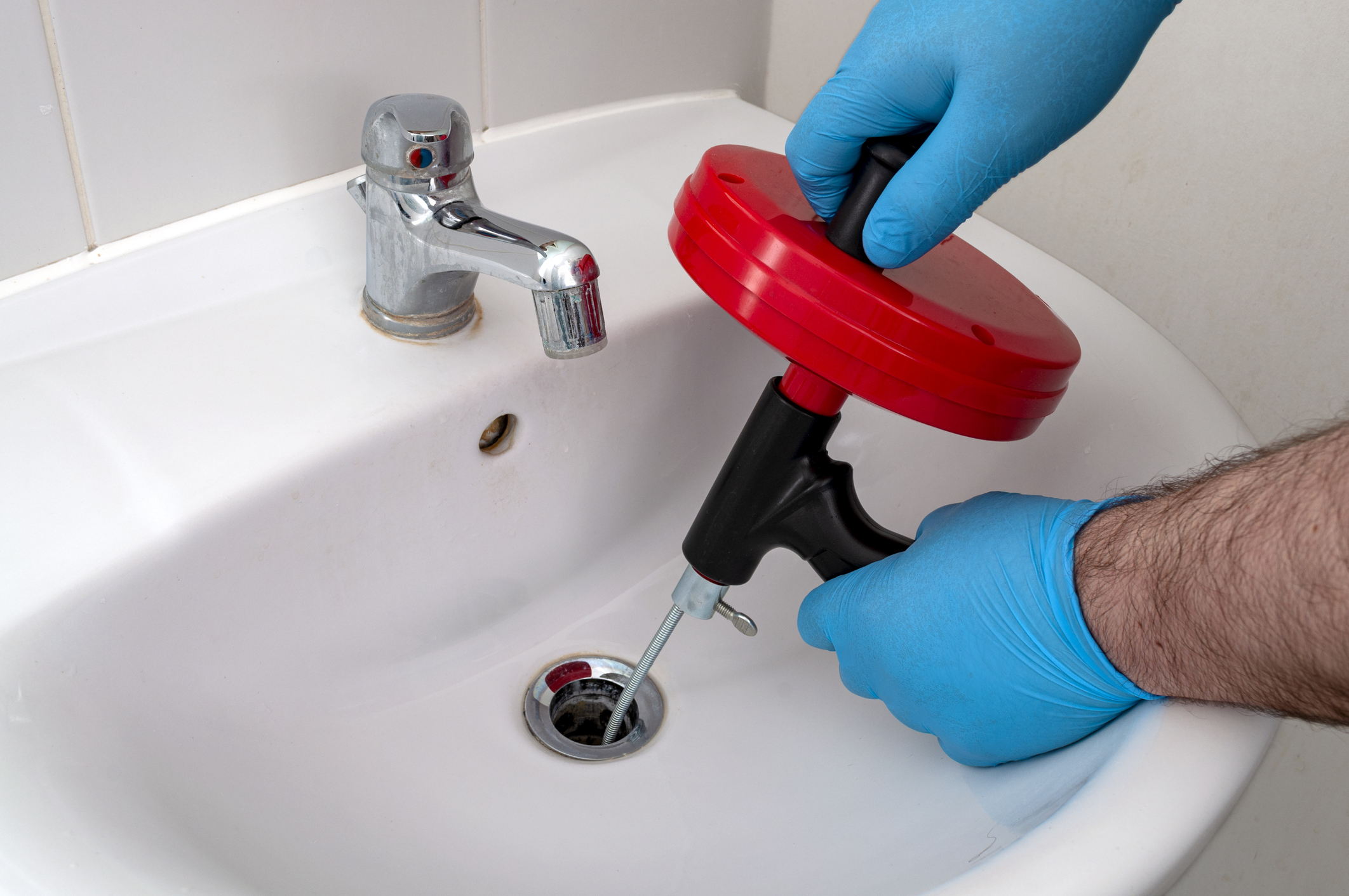Oh no, the hot water is out! While select brave souls prefer cold showers, hot water still needs to be available for other functions around the house. When your current system fails, it’s time to upgrade to a new hot water heating unit.
So, do you need a new boiler or water heater? What’s the difference between the two? While they both provide hot water to your home, these two appliances are not the same. On top of heating your water, a boiler is also part of your home heating system.
There are even more nuances between types of boilers and water heaters. In this article, we will discuss how both of these appliances work, the different units available, and everything in-between.
Which Is Better: Boiler Vs. Water Heater
Both boilers and water heaters are commonly used throughout most residential and commercial buildings as primary water heating systems. They each boast a 10 to 15-year life span as long as they are properly maintained. Let’s take a closer look at how each works to supply hot water where it’s needed.
What Is A Boiler?
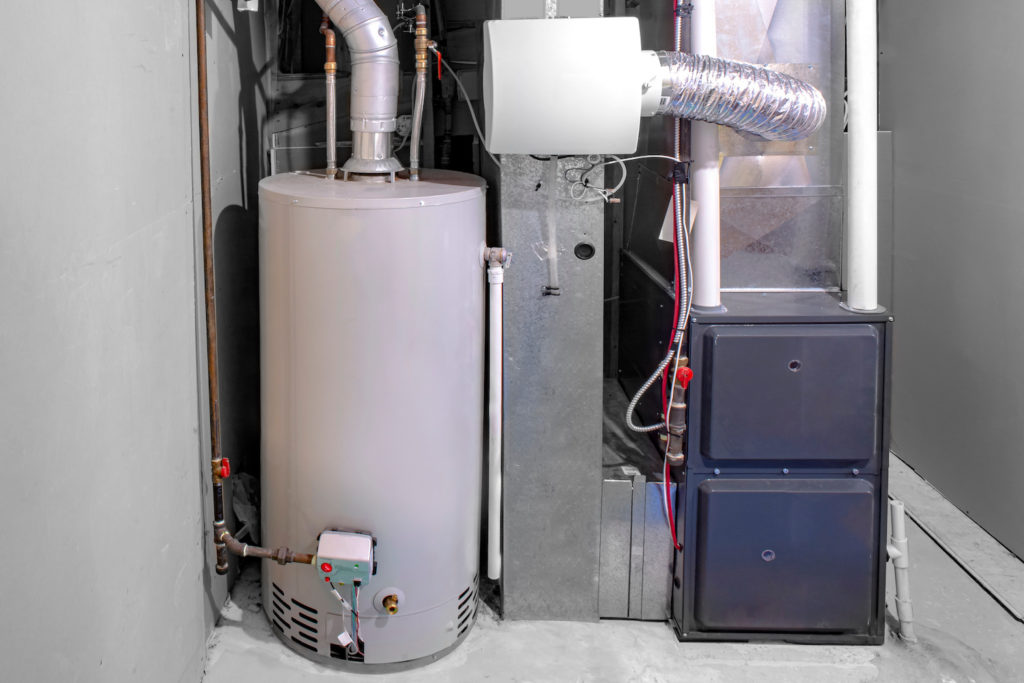
A boiler heats the home using steam and radiant heat technique. It’s used as a heating system for residential and commercial buildings. But its function doesn’t stop there. It also works to provide hot water for your washing machine, dishwasher, shower, and other faucets throughout your home. It does this by generating heat through either a radiant floor system or baseboard radiators. Since a boiler both heats hot water and warms up your home, you have a single source of power doing both of these tasks.
High-Pressure Or Low-Pressure Units
What type of pressure your boiler generates depends on whether it’s for a residential or commercial building. Residential boilers tend to be low-pressure units. These are standard practices and cover all your home’s needs. High-pressure units, which exceed 160psig for water, are more common in commercial settings. Due to their higher performance, they require more frequent monitoring to ensure they are running safely.
Selecting A Standard Or Combination Boiler
When considering which boiler to buy, you should also think about any space restrictions. A standard boiler setup can take up a sizable amount of space since it has a tank for cold water storage and a cylinder for hot water. While this works for larger homes that use more hot water, it may not be the best option for smaller spaces.
Combination boilers heat water on demand whenever you need it. This eliminates the storage tanks of hot water, which means your boiler will take up less space. These combination boilers are similar to tankless water heaters; however, since they are boilers, they also heat your home.
What’s A Water Heater?
Whenever you run a shower or run hot water, your water heater is hard at work providing hot water to your home. This is where the key differences lie between a boiler and a water heater. Since a water heater only heats water to use throughout your home, you’ll also need an additional means to heat your home since a hot water heater doesn’t do that.
Most households in North America who use hot water heaters also have another means to heat their homes, such as a furnace. There are various types of furnaces that are powered by either fuel oil, electricity, or natural gas. No matter which type of fuel source your furnace uses, it works by blowing heated air through your home’s air ducts. The warm air then travels to the different rooms within your home through grilles in a forced air system.
There are two main types of hot water heaters available:
- On-demand, a.k.a. tankless water heaters
- Conventional water heaters, a.k.a. tank heaters
Let’s take a closer look at how both of these units work as a water heating system.
Tank Water Heaters
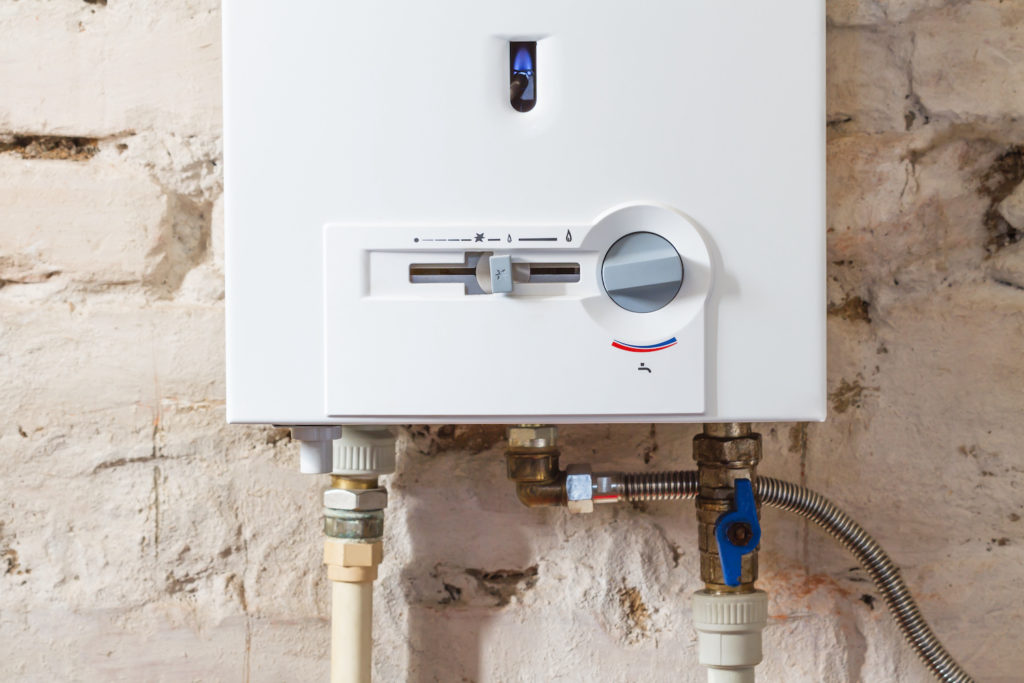
The standard water heater found in most homes includes a tank to heat water and keep it hot at all times. It can hold between 20 to 80 gallons of hot water, and it is typically stored in a basement or utility closet. Once you turn on your shower or sink, the stored hot water flows from your hot water heater through the plumbing to your facet.
Once hot water leaves the tank, it will then refill with cold water at the bottom to restart the process. For most households, this singular unit should be substantial; however, some families may use more hot water, which can temporarily interrupt your hot water supply.
Most folks have experienced this scenario when a loved one used up all the hot water in the morning, and now the shower is getting cold. Sure it wakes you up, but at what cost?
Tankless Water Heaters
The alternative option is a tankless water heater. This system does not store hot water in the tank. Instead, it only heats water when you turn on a faucet that requires it. Since cold water runs through the system, it takes up less space than a standard tank model. Plus, water is quickly heated as it passes through, making tankless water heaters a more energy-efficient option.
One downside to these units is that there may be some limitations on how much hot water they can provide at one moment. A good resolution to this issue would be to consider point-of-use units. These variations of a tankless water heater are installed close to showers or sinks so that they can provide instantaneous and continuous hot water to those areas.
Deciding Between a Boiler or Water Heater
When you’re trying to decide whether you want a water heater and furnace or a boiler heating system, there are several things to consider:
- Energy-efficiency
- Typical lifespan
- Installation cost
- Regular required maintenance
- Property type and size restrictions
One question on most buyers’ minds is which product has better efficiency. This varies greatly from model to model for both boilers and water heaters. Manufacturers measure boiler efficiency by annual fuel use efficiency, which informs how much energy directly turns into heat.
Water heaters are measured by how much hot water it produces per unit of fuel consumed throughout the day. In comparing their efficiency, you should also factor in the added energy needed to power your furnace.
Upgrade Your Boiler Or Water Heater With 4Front Energy
Are you looking to upgrade your current hot water and/or heating system? The team at 4Front Energy is here to help. Our skilled technicians will carefully install your new system–even complex fuel conversions if needed.
Get your questions answered and your new unit properly installed when you work with our expert team. Contact 4Front Energy today to get a free estimate.

